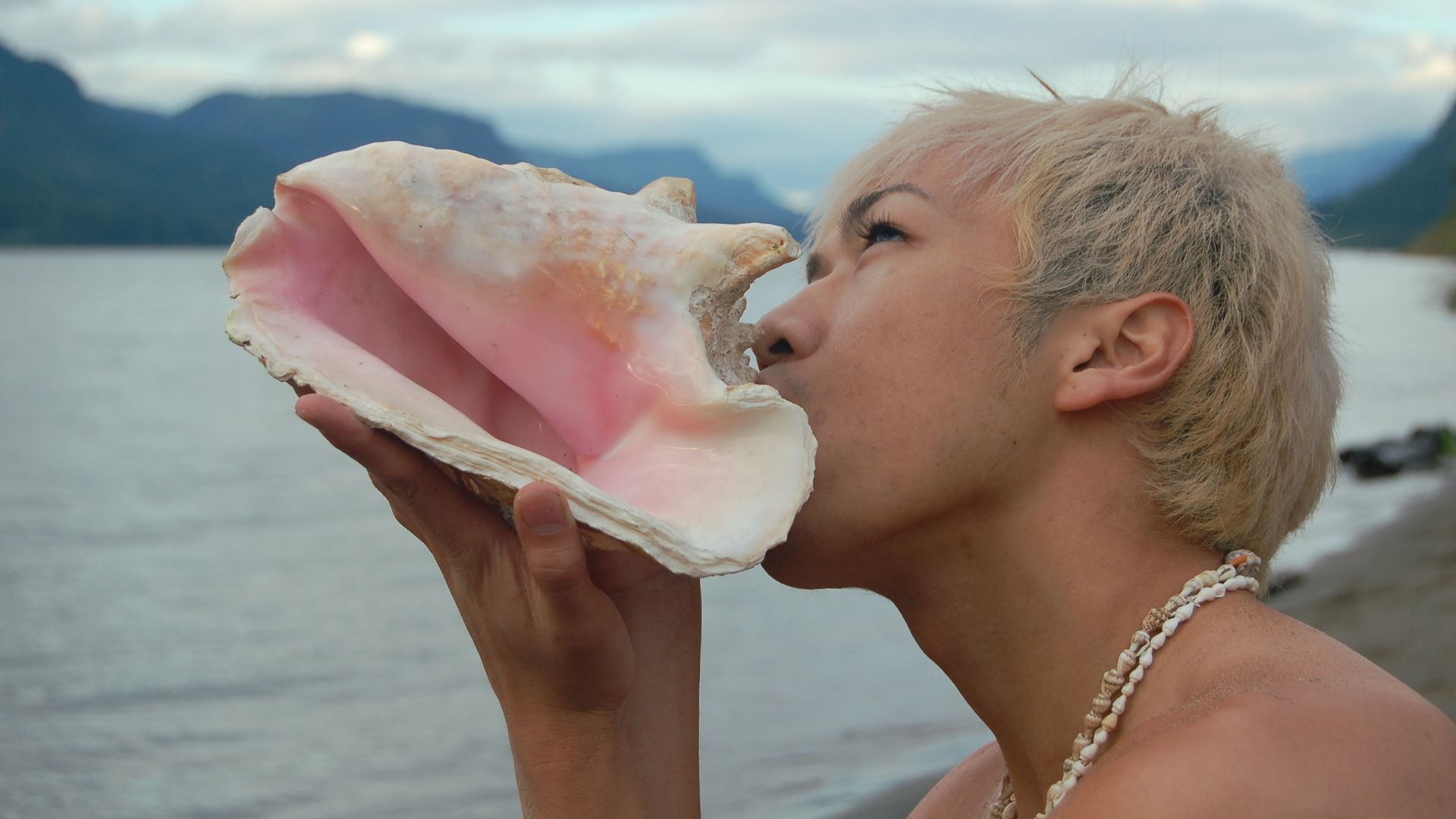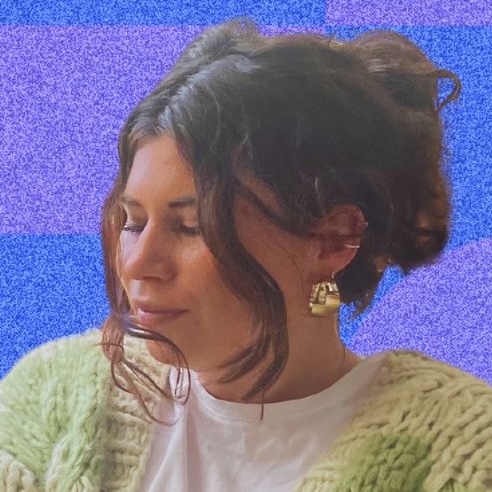Suffer from sleep apnoea? No problem — blow into... a conch?
What the shell??


Get exclusive shortlists, celebrity interviews and the best deals on the products you care about, straight to your inbox.
You are now subscribed
Your newsletter sign-up was successful
There are many hacks available for getting to sleep - whale music, white noise, eye masks, every lavender product you can think of. Then there are different methods too - some people swear by meditating before bed, box breathing, 30-minute digital detoxes - the list goes on.
But the newest trend - which, like all the best alternative healing methods, is actually an ancient ritual - is something a little more wacky.
According to new research, blowing into a conch shell could help tackle the symptoms of a sleep disorder. Conch blowing - also known as shankh blowing - is an ancient ritual which involves pretty much exactly what you’d expect, namely, breathing deeply and exhaling into the iconic spiral-shaped shells.
The technique is known for improving sleep, especially helping patients with obstructive sleep apnoea, which is typically treated with some Matrix-looking heavy machinery.
Sleep apnoea happens when breathing starts and stops during sleep; symptoms include loud snoring and gasping or choking noises.
The whole conch-shell Little-Mermaid-esque potential treatment comes after research was done at the Eternal Heart Care Centre and Research Institute in Jaipur, India, where researchers created a trial involving thirty people living with the disorder aged between 19 and 65.
Half the group were taught how to use the shell whilst others carried out deep breathing exercises. Both groups were told to practise these different breathing techniques for at least 15 minutes a day, five days a week.
Get exclusive shortlists, celebrity interviews and the best deals on the products you care about, straight to your inbox.
After six months, the trial looked at the results from both groups and found that those who practised shankh blowing were 34% less sleepy during the day, had higher blood oxygen levels during the night, and up to five fewer sleep apnoea episodes an hour on average.
At the moment, as anyone whose watched Modern Family circa season 7 will be familiar with, the current most common form of treatment for sleep apnoea is a CPAP machine (continuous positive airway pressure machine) which involves the patient wearing a mask which blows pressurised air into the nose and throat while the patient is asleep. It is rather, ahem, cumbersome. And loud.
This isn't the first unorthodox method that’s been used to help sleep apnoea - previous research found that playing a woodwind instrument could also help with the condition. Although that is probably just as annoying to other halves as the noisy CPAP machine. At least the CPAP machines are always in tune…
Whilst the machines are effective, they are usually pretty uncomfortable for those suffering, so this deep-sea alternative could be pretty effective. Following the success of the trial, they are rolling out a larger trial involving several hospitals to see if the results are just as promising.
Imagine getting a conch shell prescribed via the NHS... Pretty cool, right?

Hermione Blandford is the Content Editor for Shortlist’s social media which means you can usually find her scrolling through Instagram and calling it work, or stopping random people in the street and accosting them with a mini mic. She has previously worked in food and drink PR for brands including Johnnie Walker, Tanqueray, Gordon's, The Singleton, Lagavulin and Don Julio which means she is a self confessed expert in spicy margaritas and pints, regularly popping into the pub in the name of research.
You must confirm your public display name before commenting
Please logout and then login again, you will then be prompted to enter your display name.